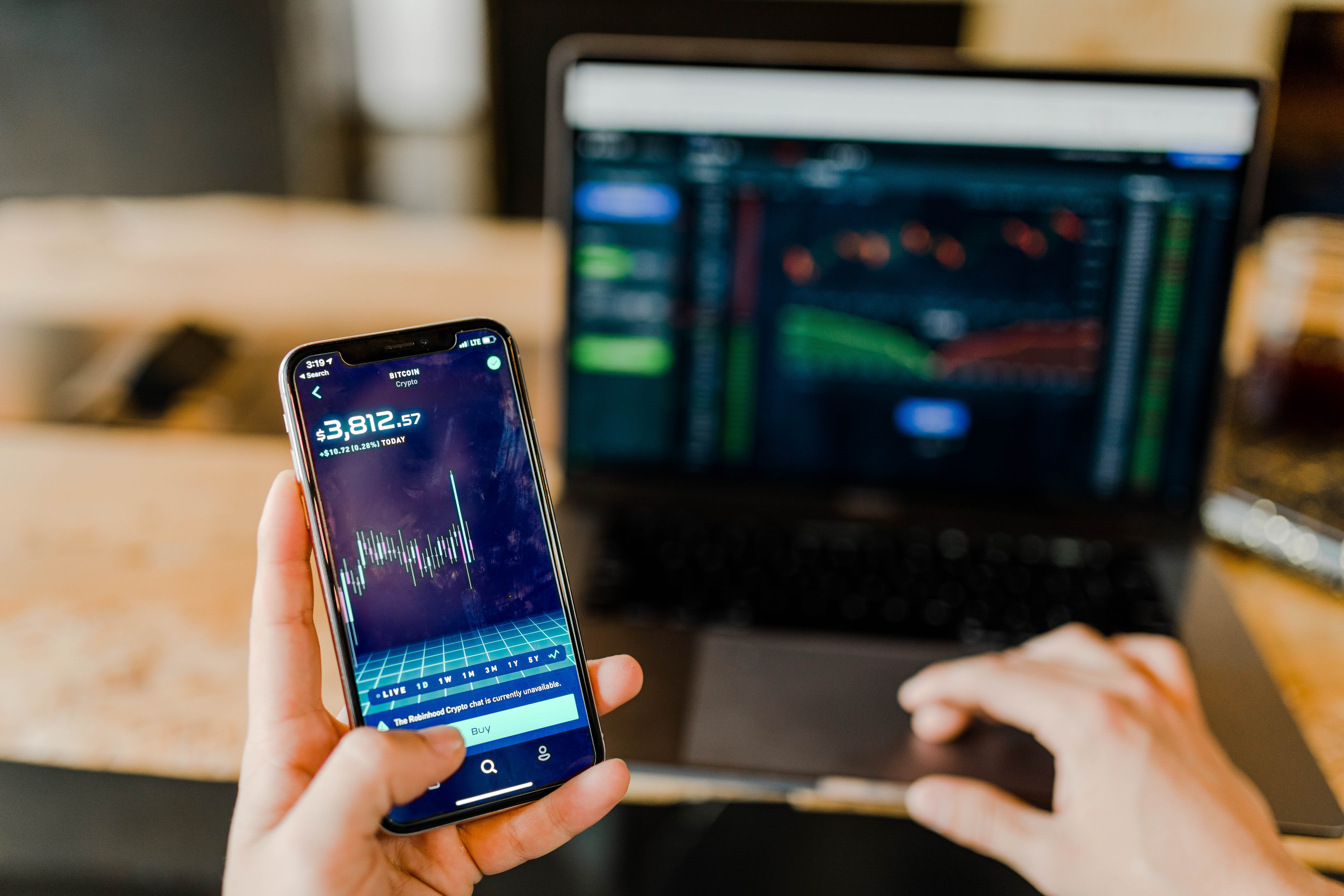EQUITIES
Asia markets tumble in Monday trade, with European markets expected to follow suit as worries about global inflation and sluggish economic growth further depressed the market.
Hong Kong’s Hang Seng index fell 3.50% in afternoon trade, leading losses among the region’s major markets. South Korea’s KOSPI fell 3.43%, its lowest since Nov 16, 2020, and on track for its worst daily performance since Jan 27.
Japan’s Nikkei 225 dropped 3.01%, and the Shanghai Composite in mainland China declined 0.89%.
Australian markets were closed for a holiday.
OIL
Oil prices dropped more than $2 on Monday as a flare-up in COVID-19 cases in Beijing dashed hopes for a rapid pick-up in China's fuel demand, while sluggish economic growth and global inflation concern keep market weighed.
Brent crude futures fell 1.64%, to $119.93 a barrel, while U.S. WTI crude was at $118.73 a barrel, down 1.57%.
CURRENCIES
The dollar index rose 0.48% to 104.690, the first time in a month. Expectations of a more hawkish Fed are pushing up the dollar against other majors.
The benchmark U.S. 10-year Treasury yields meanwhile reaching a more than one-month peak of 3.201%, putting it just two-tenths of a basis point from the highest since November 2018. Two-year Treasury yields, which are very sensitive to policy expectations, leapt as high as 3.159% in Tokyo on Monday, a first since December 2007.
Cryptocurrency bitcoin early on slumped to a new 18-month low, before last stood at $24,679. It was under pressure as cryptocurrency lending firm Celsius Network said it would pause withdrawals and transfers between accounts due to "extreme market conditions".
The yen fell to a 24-year low Monday as Japan’s easy monetary policy increasingly stood at odds with developed peers hiking rates.
GOLD
Gold prices eased on Monday from a one-month high scaled earlier in the session, as red-hot US inflation data lifted Treasury yields and tempered the appeal of safe-haven bullion.
Spot gold was down 0.85% at $1,856.30 per ounce, off hit its highest since May 9 earlier in the session at $1,877.05 per ounce. U.S. gold futures was down 0.80% to $1,860.30.
Spot silver dipped 1.1% to $21.63 per ounce, platinum fell 1.5% to $958.51, and palladium dropped 2.1% to $1,894.72.
ECONOMIC OUTLOOK
Asian stocks sank on Monday, hit by a double whammy of unexpectedly hot U.S. inflation and aggressive Federal Reserve policy tightening, as well as fears of an economic slowdown in China. The stock weakness also was expected to extend into U.S. and European trading.
Consumer prices in the U.S. accelerated in May, dashing hopes that inflation had peaked, and had investors scrambling to price in an even steeper rate-hike path by the Federal Reserve to tame inflation. The U.S. CPI increased a bigger-than-expected 8.6% last month, the largest year-on-year increase since December 1981, Labour Department figures showed Friday.
Central banks' efforts to raise interest rates to curtail inflation will remain in focus this week. The Fed and the Bank of England are expected to raise rates at their meetings later in the week, while other central banks have turned more hawkish in the past month, underscored by bigger-than-expected rate hikes from India and Australia.
Additionally, investors were also concerned about a resumption of COVID-19 lockdown in China. Beijing city suspended offline sports events, delayed return to schools and tightened other controls, just days after loosening them. Beijing's most populous district Chaoyang announced three rounds of mass testing to quell a "ferocious" COVID-19 outbreak that emerged last week, shortly after the city relaxed curbs imposed during an outbreak in April.













